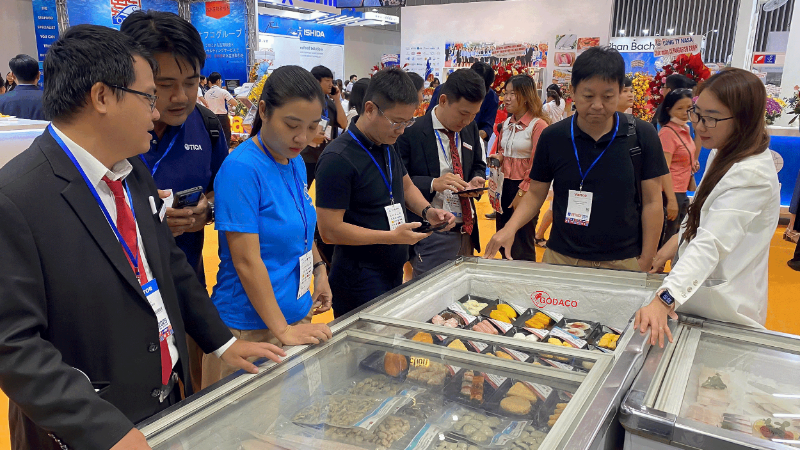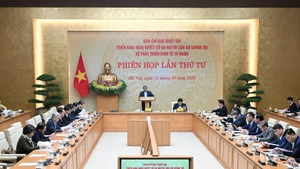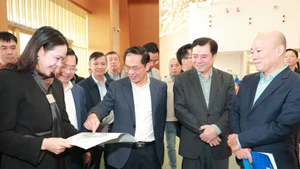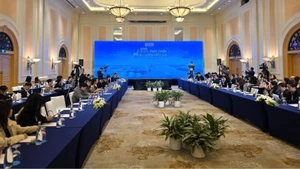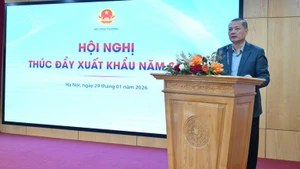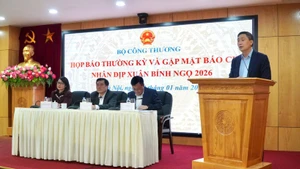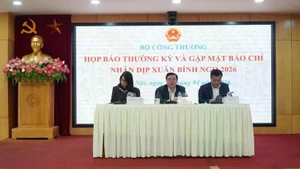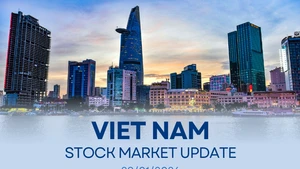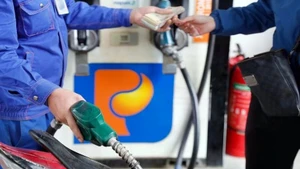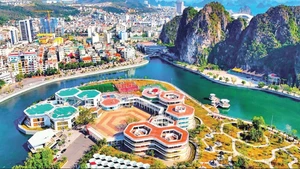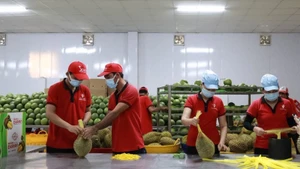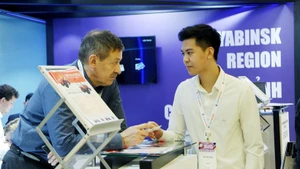According to the Viet Nam Association of Seafood Exporters and Producers (VASEP), the entire global output of ASC-certified pangasius (sustainably farmed) currently comes from Viet Nam. This demonstrates both the quality and reputation of Vietnamese pangasius products in the international market, while also marking a strong transformation of the industry towards green and sustainable development.
ASC certification is an internationally recognised accreditation developed by the Aquaculture Stewardship Council to regulate global standards for responsible aquaculture. Seafood products with ASC certification enjoy a strong brand reputation advantage when accessing “demanding” export markets such as Germany, the UK, Switzerland, the US, and Japan.
Viet Nam currently has more than 58 ASC-certified pangasius farms, with a total output of over 210,000 tonnes (2024), exported to 61 countries—mainly premium markets with strict environmental, social, and food safety standards. Pangasius farms in Viet Nam that meet ASC standards also achieve outstanding production efficiency, saving an average of 140 m³ of water per tonne of fish, achieving productivity of over 70%, and controlling disease rates by nearly 90%. This significantly reduces costs while enhancing competitiveness.
In the Mekong Delta, the number of ASC-certified aquaculture farms has increased rapidly in recent years, with cooperatives and chain-link models with processing enterprises being established. As a result, farmers can access capital, technology, stable markets, and improved income.
ASC is one of the three most important certifications applied by Vietnamese seafood enterprises (alongside GlobalG.A.P and BAP), aimed at ensuring safe, clean, and responsible farming. This standard is essential for increasing product value, boosting consumer trust, expanding market share in major markets, while also contributing to environmental protection, sustainable community development, and improved livelihoods for farmers.
However, the new version of the ASC standards is creating difficulties for many enterprises and aquaculture households due to certain regulations that do not align with production realities.
Deputy Head of the VASEP Representative Office Tran Hoang Yen noted that seafood enterprises are facing 10 main obstacles in applying ASC, such as conflicting regulations on antibiotic use, unsuitable buffer zone requirements, and waste treatment demands that exceed enterprise capacity. Some antibiotics permitted in the European Union (EU) market are banned under ASC, while others banned in the US, EU and Japan are still accepted by ASC.
In addition, CoC (Chain of Custody) traceability rules have raised concerns among enterprises about the risk of sensitive business data leaks, which could lead to unfair competition.
Regarding the challenges of the new standards that make it difficult for seafood enterprises to comply and expose them to the risk of violations, Koji Yamamoto, General Director of ASC in Japan and ASC Representative for Southeast Asia, explained that the ASC programme is international in nature and must integrate various global frameworks, which can sometimes lead to inconsistencies.
However, ASC can make adjustments in line with realities through the “adjustment request” mechanism, which allows for standard modifications or the acceptance of best alternative solutions. On the antibiotic issue, ASC wishes to strengthen dialogue and cooperation with enterprises and VASEP.
For aquaculture products involving antibiotic use, farms may still retain ASC certification, but the batches in question cannot bear the ASC label when exported. From October 2025, ASC-certified aquaculture facilities will be required to use feed sourced from ASC-certified manufacturing plants.
International certifications such as ASC, MSC (sustainable fishing), and BAP (best aquaculture practices) are all being upgraded to new versions with increasingly strict requirements. Adapting to the new ASC regulations is both a challenge and an opportunity for seafood enterprises to continuously innovate, enhance product value, and meet the global green consumption trend.
